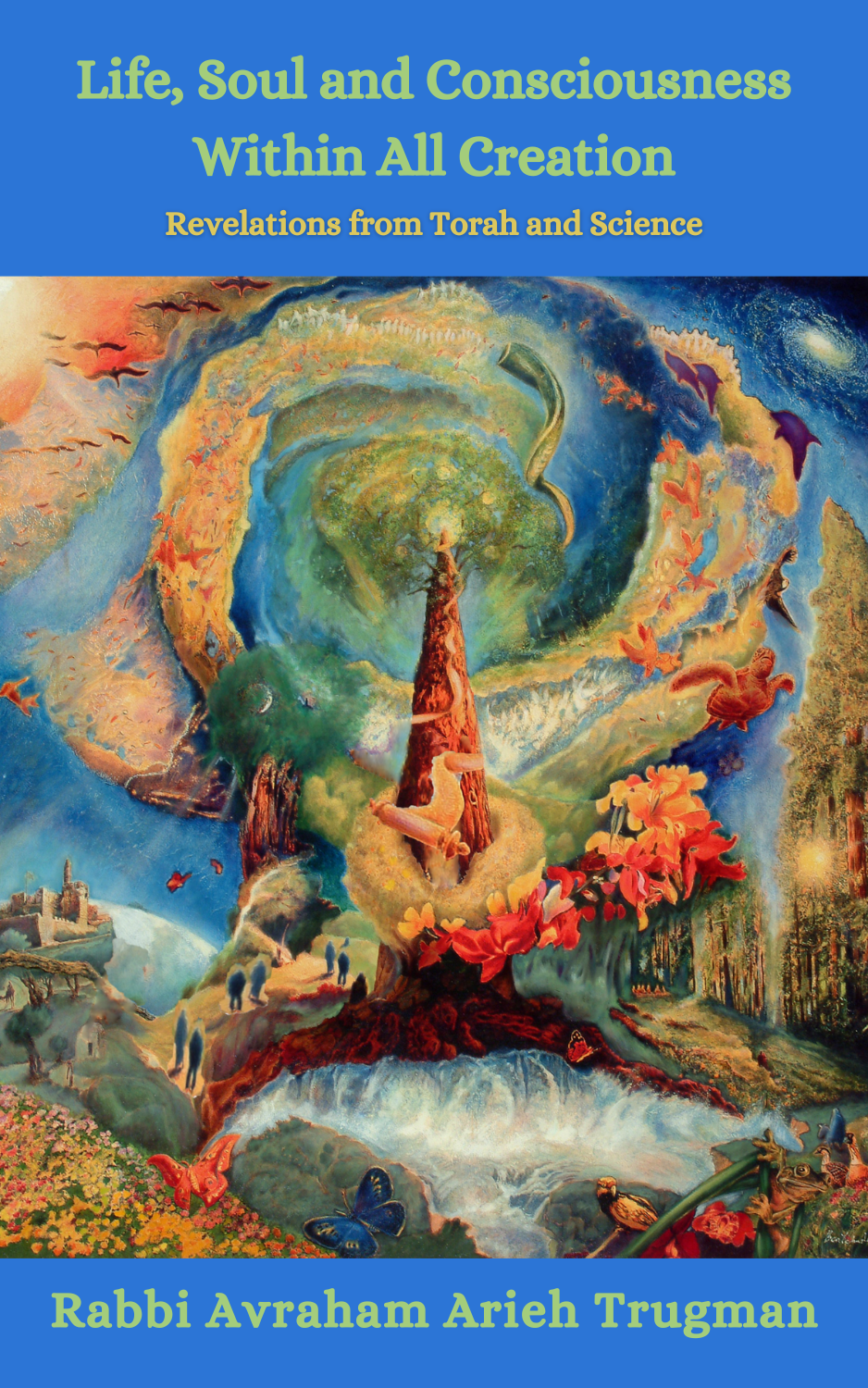In preparing Moses and the people for the Giving of the Torah at Mount Sinai, God spoke to Moses a number of times, providing him with specific messages for the people. The first conversation begins as follows:
Moses ascended to God, and God called to him from the mountain, saying, “So shall you say to the house of Jacob and relate to the children of Israel. You have seen what I did to Egypt, and that I have borne you on the wings of eagles and brought you to Me. And now, if you hearken well to Me and observe My covenant, you shall be to Me the most beloved treasure of all peoples, for Mine is the entire world. You shall be to Me a kingdom of ministers and a holy nation.These are the words that you shall speak to the children of Israel.” (Exodus 19:3-6)
Moses is commanded to speak to what seems to be two different groups of people, and in two different ways. Rashi explains that God instructed Moses to first speak gently to the women, “the house of Jacob,” and only then to the men, “the children of Israel,” in a more assertive manner. Why does God command Moses to speak to the women first? There are many possible reasons for this including women’s key role in educating young children, women’s greater receptivity to spiritual matters, and the greater loyalty of women, in general, as evidenced by the women in the desert not taking part in the disastrous sins of worshipping the Golden Calf and heeding the evil report of the spies who had gone to scout out the Land of Israel.
Another reason why Moses may have been commanded to speak to the women first was in order to rectify the mistake that had been made in the Garden of Eden. When God commanded Adam not to eat from the Tree of Knowledge of Good and Evil, He depended on Adam to inform Eve. Adam, taking his responsibility seriously, added a further precautionary measure, telling Eve that God had also commanded them not to touch the tree on pain of death. The snake managed to convince Eve that God had not issued any command related to the tree by pushing her against it. When she did not die, the snake assured her that she would not die from eating the fruit either. Although Adam added this restriction to prevent Eve from coming anywhere near temptation, his plan completely backfired. Since from a Kabbalistic perspective much of what happens in this world is an attempt to rectify prior errors, we can conjecture that God’s command to Moses to speak to the women first was part of an attempt to rectify that original mistake.
Explaining that this instruction was intended to rectify a mistake made in the Garden of Eden fits in well with the tradition that God’s giving the Torah to humanity was part of His plan to return humanity to the lost utopia of the Garden of Eden. Indeed, the Torah is compared to the Tree of Life – “It [the Torah] is a tree of life for those who grasp it” (Proverbs 3:18) – which grew in the Garden of Eden. Furthermore, various Midrashim recount how the people were returned to a utopian state reminiscent of the Garden of Eden and healed of all ailments and diseases before receiving the Torah (Midrash Tanchuma, Yitro 12). Furthermore, according to the Talmud, the original impurity of the primordial snake, which had pervaded human consciousness since the primordial sin, was removed at that time as well (Shabbat 146a). Had the children of Israel not worshipped the Golden Calf, death would have been swallowed up forever and they would have marched straight into the Land of Israel where Moses would have been anointed Mashiach and the Land would have been transformed into an earthly Garden of Eden. Although this plan never came to fruition because of the sin of the Golden Calf, by speaking to the women first, Moses partially rectified the archetypal sin of the Garden of Eden.







